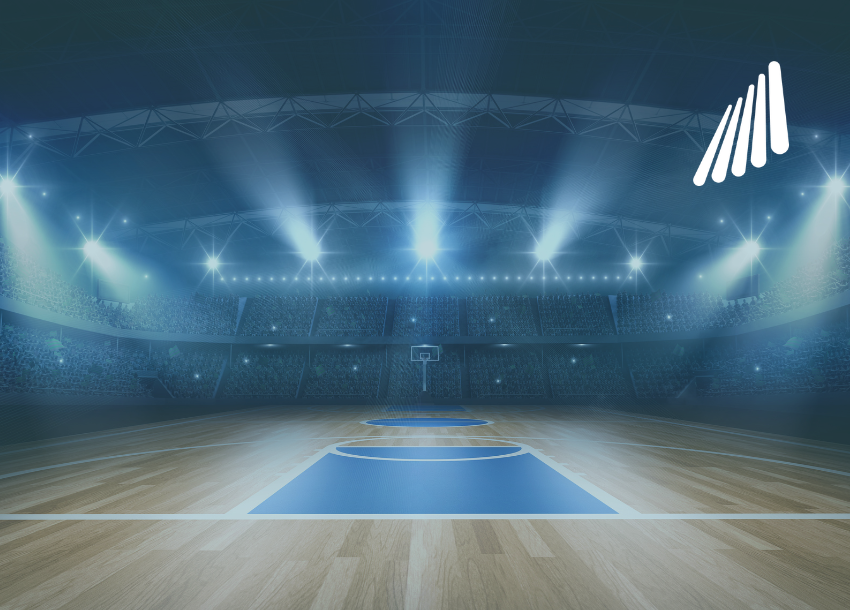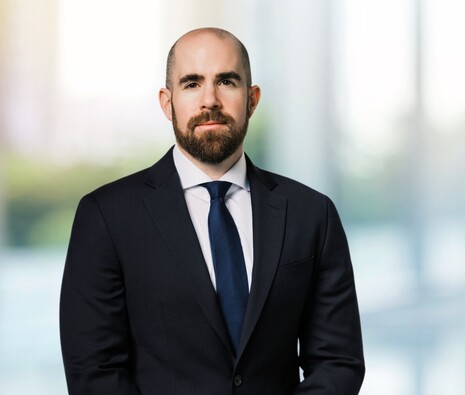Dartmouth Refuses to Play Ball; Will it Draw a Charge?
Against the backdrop of recent Congressional hearings regarding whether collegiate athletes should be considered employees, Dartmouth has refused to collectively bargain with SEIU Local 560—the newly minted union representative for its men’s basketball team. On March 18, 2024 Dartmouth announced, in no uncertain terms, that it would not recognize the unit, which the players overwhelmingly voted to join on March 5, 2024. Dartmouth’s announcement comes shortly after its appeal to the NLRB of the Northeast Regional Director’s ruling last month that the players were employees under the NLRA who could vote to form a union.
Dartmouth is firmly planted in its attempt to block the NLRB, with its spokesperson, Jana Barnellos, stating, “While we continue to negotiate in good faith with multiple unions representing Dartmouth employees, our responsibility to future generations of students means we must explore all our legal options for challenging [regional director Laura Sacks’] error.” Dartmouth’s effort to draw an unfair labor practice charge from the SEIU is likely designed to trigger judicial review of the Regional Director’s ruling, since federal court may provide a more favorable venue to overturn the ruling.
As previously discussed, the Board has shown strong interest in recent years regarding whether student-athletes are protected by the NLRA. This interest has generated scrutiny from onlookers, however, including many watching the saga unfold from Capitol Hill. On March 12, 2024 at a congressional hearing on “Safeguarding Student Athletes from NLRB Misclassification,” the House Subcommittees on Health, Employment, Labor, and Pensions and Higher Education and Workforces hotly debated the issue. Employee classification for student athletes would have major ramifications on the feasibility of operating the NCAA’s amateur athletic model, as well as numerous other cascading and, perhaps, unintended, legal ramifications. A change in the status of student-athletes could also jeopardize the visa status for some foreign students who are college athletes. Opponents of the NLRB’s decision commented during the House Subcommittees’ hearing that the NLRB’s interpretation may also create consequences for educational institutions under Title IX of the Education Amendments of 1972 and the Fair Labor Standards Act. Given the outsized potential legal ramifications of the NLRB’s Dartmouth decision, the issue is poised to prompt congressional intervention.
Whether Dartmouth will ultimately fare better when it exits the NLRB’s home-court and moves to federal court remains to be seen—but is the fix already in? In 2021, in Nat'l Collegiate Athletic Ass'n v. Alston, the U.S. Supreme Court held that antitrust laws prevent the NCAA from barring certain payments to college athletes. In a concurring opinion, Justice Kavanaugh stated, “Nowhere else in America can businesses get away with agreeing not to pay their workers a fair market rate on the theory that their product is defined by not paying their workers a fair market rate. And under ordinary principles of antitrust law, it is not evident why college sports should be any different. The NCAA is not above the law.” See Alston, 594 U.S. at 112. The only current certainty is that the madness will continue well beyond March for college athletes, private universities, and their fan bases.
About Maynard Nexsen
Maynard Nexsen is a full-service law firm with more than 550 attorneys in 24 offices from coast to coast across the United States. Maynard Nexsen formed in 2023 when two successful, client-centered firms combined to form a powerful national team. Maynard Nexsen’s list of clients spans a wide range of industry sectors and includes both public and private companies.








